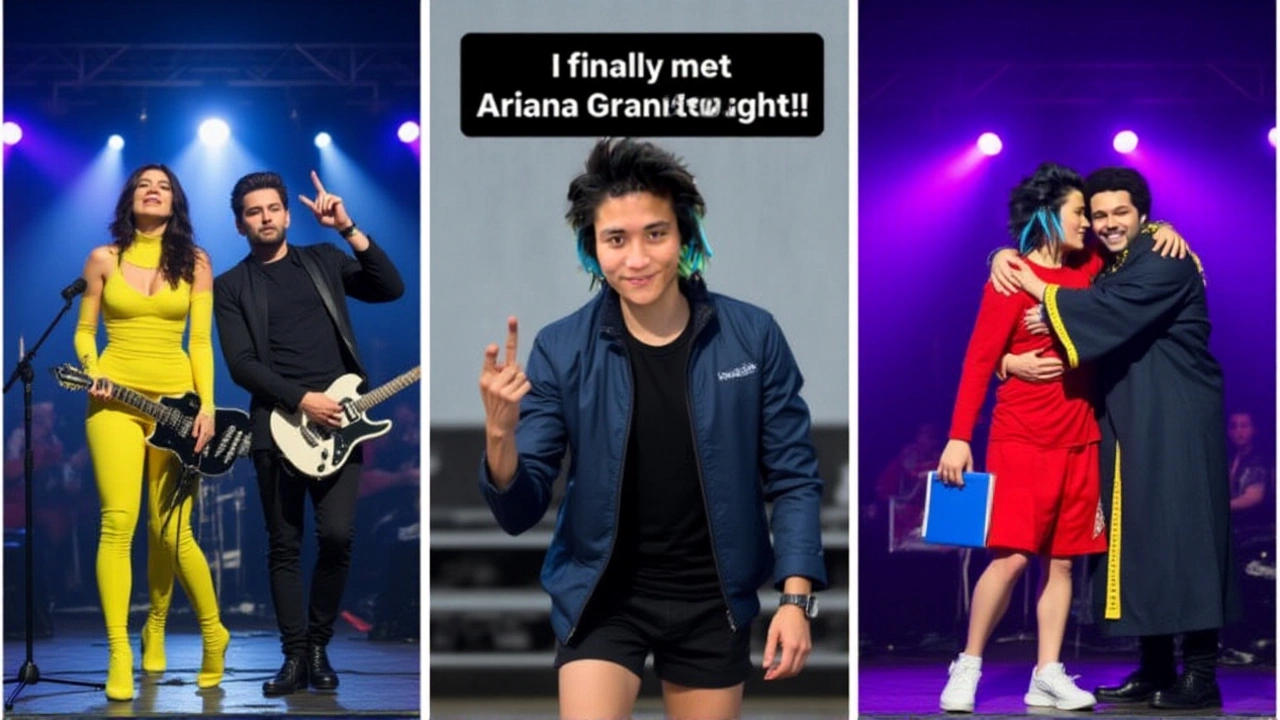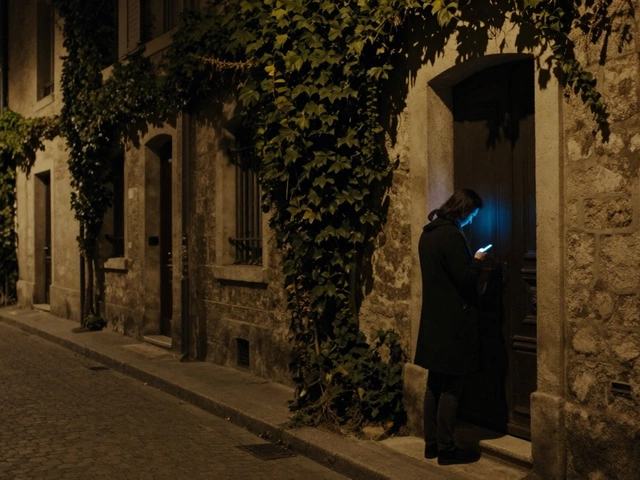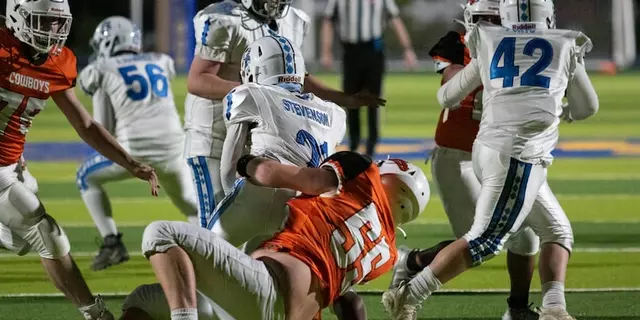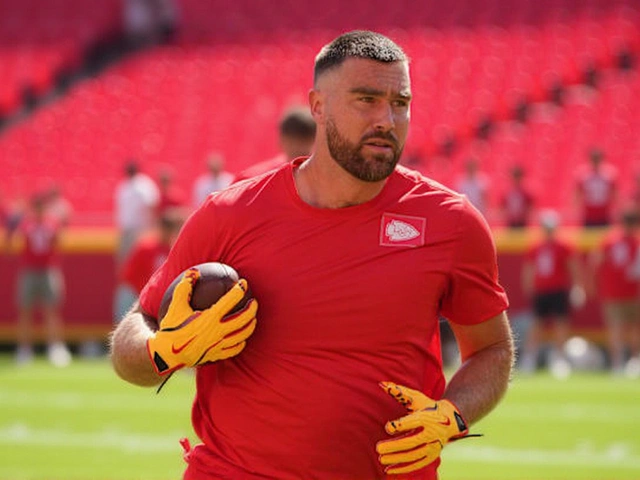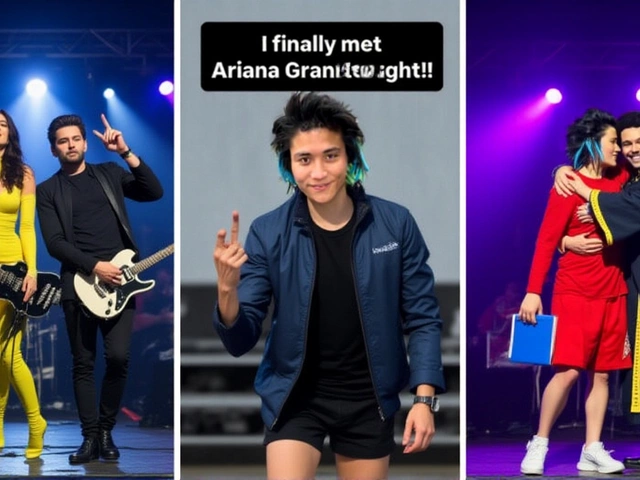On November 12, 2025, the glittering yellow carpet of the Wicked: For Good premiere in Singapore turned chaotic when Johnson Wen, a 25-year-old Australian social media influencer, breached security and lunged at pop star Ariana Grande. Security was slow to react. But Cynthia Erivo, who plays Elphaba, didn’t hesitate—she shouted, shoved Wen away, and shielded Grande. Meanwhile, Michelle Yeoh, portraying Madame Morrible, wrapped Grande in a protective embrace. It took nearly 15 seconds for guards to drag Wen off. The whole thing was captured on video—and posted by Wen himself. Within hours, it had over 17.5 million views.
He Called Himself a Fan. His Actions Said Otherwise.
Johnson Wen doesn’t deny what he did. His Instagram bio reads: "Ariana Grande is queen." Yet his feed tells a different story. He’s posted videos of himself crashing events, climbing stages, and lunging at stars—including The Weeknd, Katy Perry, and even Indian cricketer Virat Kohli. At The Weeknd’s show, Wen was forcibly removed. Yet he captioned the clip: "thanks The Weeknd for letting me stay on stage." The footage shows the opposite. The Weeknd’s team refused to comment. "It’s not a compliment," one insider told us. "It’s a delusion." Wen’s TikTok and Instagram are filled with clips of him shouting at celebrities, smirking as security tackles him, and boasting about his "15 minutes of fame." He has 12,500 Instagram followers and nearly 40,000 TikTok followers. He calls himself "the most hated troll online." And he’s proud of it. But this time, his stunt crossed a line—because of who he targeted.Ariana Grande’s Trauma Isn’t Just History. It’s Still Raw.
Ariana Grande doesn’t just have fans. She has survivors. The 2017 Manchester Arena bombing, which killed 22 people after her concert, left deep scars. She’s spoken openly about PTSD, anxiety, and the fear that still grips her at large gatherings. Just weeks before the Singapore premiere, she posted a plea: "Please don’t wish harm on us." And then, on the yellow carpet, a stranger charged at her like a predator. Marissa Bode, who plays Nessarose in Wicked: For Good, didn’t hold back. "He’s a fan? Okay, then he’s a fan and a loser," she wrote on social media. "You got your views and likes? Guess what else you did? You made someone feel unsafe." Her words went viral. Fans echoed her: "This isn’t fandom. This is stalking with a smartphone." Katy Perry handled a similar incident with calm grace. Her team confirmed she was "unharmed and composed." But Wen’s behavior isn’t isolated. He’s done this before. The Chainsmokers’ reps declined to comment. Virat Kohli’s team said he was "startled but unharmed." But Grande’s trauma isn’t the same as anyone else’s. And that’s why this wasn’t just a disruption—it was a retraumatization.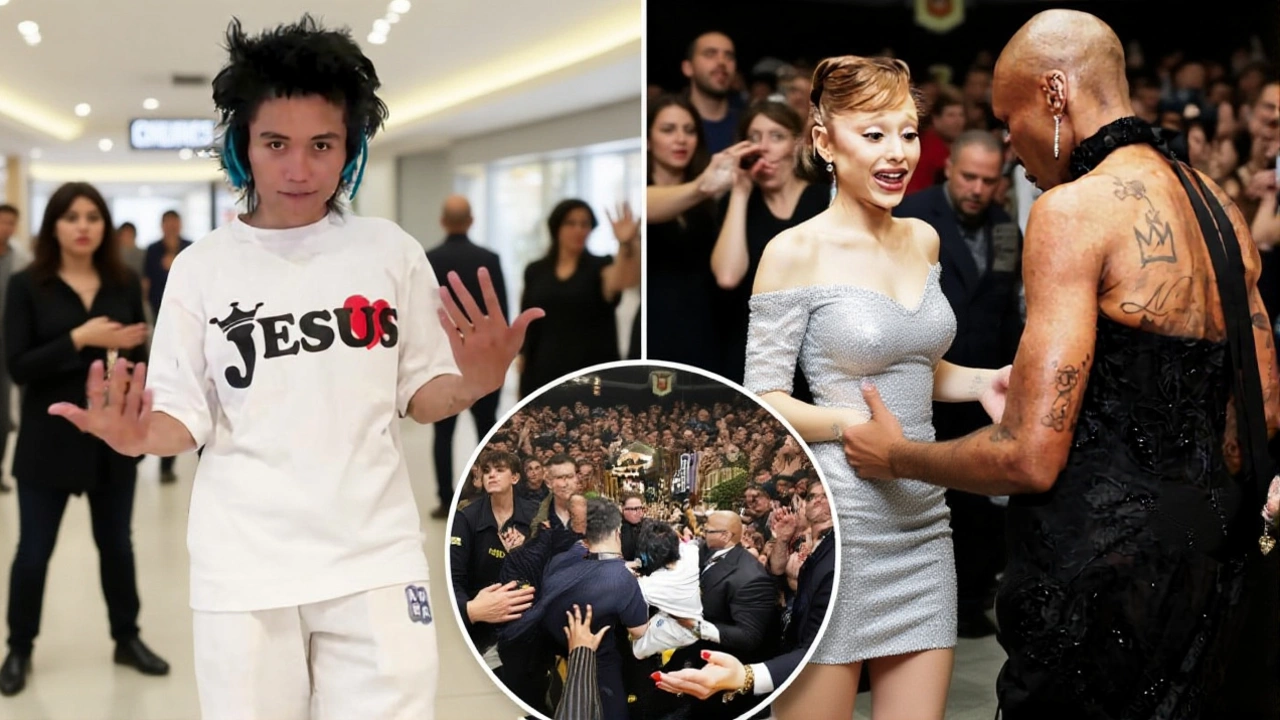
Singapore’s Quick Justice, and a Warning to Others
Wen was arrested within hours. By the next day, he was charged under Singapore’s strict public order laws. He’s not hiring a lawyer. Sources say he plans to plead guilty without representation—a move that could backfire. If convicted, he faces a fine of up to $1,540 USD. But the real penalty? His online reputation. His accounts are being flagged. Platforms may ban him. And if he tries this again, Singapore doesn’t just fine you—they jail you. This isn’t the first time a fan crossed the line. Remember the 2019 incident at a Taylor Swift concert where a man jumped the barrier and tried to grab her? He got six months. In 2023, a man who stormed the stage at a Beyoncé show was sentenced to 18 months. Singapore’s legal system is known for its zero-tolerance approach. Wen’s case is being fast-tracked. He’s due in court within two weeks.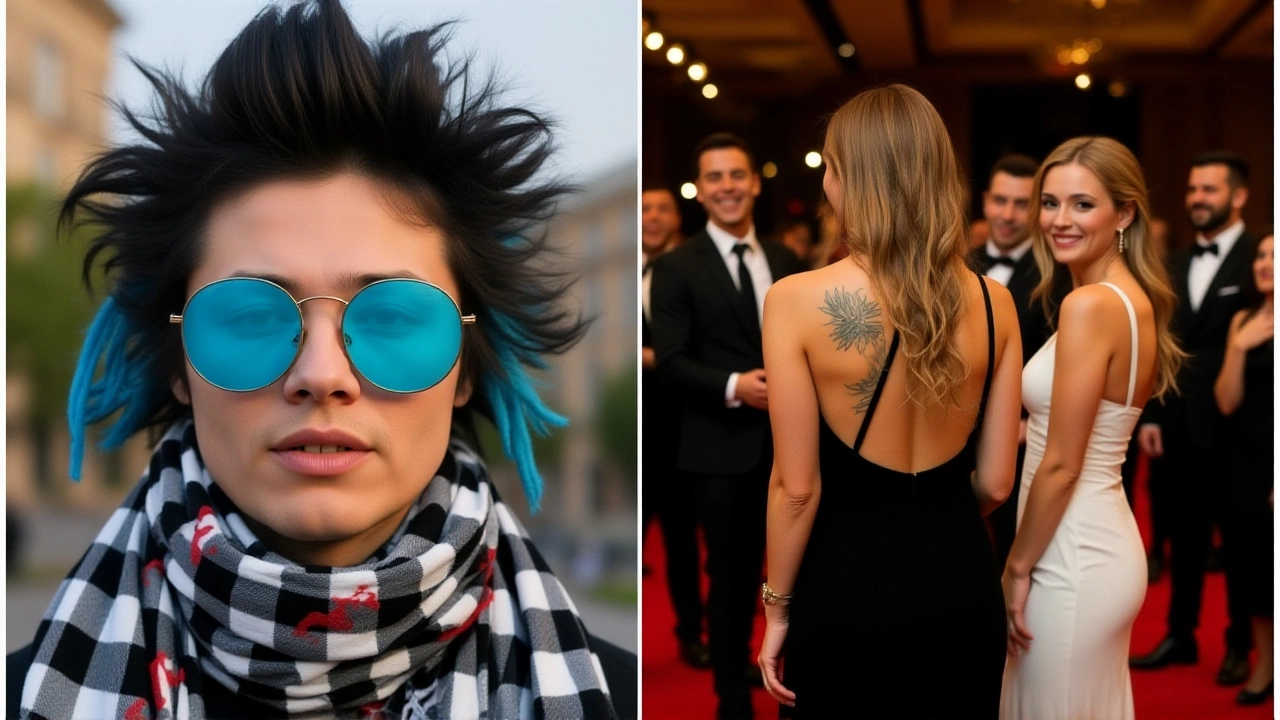
What This Means for Celebrities—and Fans
The entertainment industry is now rethinking fan interactions. Red carpets are becoming more restricted. Meet-and-greets are being scaled back. Stars are spending less time on walkways. "It’s heartbreaking," said one producer who works with Grande. "The majority of fans are kind, respectful, and beautiful. But one person like Wen? He makes everyone nervous." For Grande, this isn’t just about one man. It’s about the fear that never leaves. For Erivo, it’s about stepping in—not because she’s a co-star, but because she’s a human. For the industry, it’s about drawing a line: admiration doesn’t give you the right to invade.Wen’s videos still have millions of views. Some commenters call him "brave." Others call him a monster. But one thing’s clear: fandom shouldn’t require a security guard to keep it safe.
Frequently Asked Questions
Why was Johnson Wen arrested in Singapore and not his home country?
Singapore has strict laws on public order and safety, and the assault occurred on its soil. Authorities act swiftly on crimes involving public figures, especially when security is breached. While Wen is Australian, jurisdiction applies where the crime happens. His arrest and charges are under Singaporean law, not Australian, because the incident took place during the Wicked: For Good premiere in Singapore.
How did Cynthia Erivo know to react so quickly?
Erivo, a seasoned performer and advocate for mental health, has spoken publicly about the emotional toll of fame and trauma. She’s been on stage during high-stress events and understands how quickly situations can escalate. Her instinctive intervention wasn’t just protective—it was empathetic. She recognized the signs of a potential retraumatizing moment for Grande, who has survived a terrorist attack at a concert.
Has Johnson Wen targeted other celebrities before?
Yes. Wen has documented stage invasions at events featuring The Weeknd, Katy Perry, The Chainsmokers, and Indian cricketer Virat Kohli. In each case, he was removed by security, yet posted videos with boastful captions. His pattern shows deliberate targeting of high-profile individuals for viral attention, often while claiming to be a "fan." His Instagram bio even praises Ariana Grande, making his actions appear contradictory and psychologically complex.
Why didn’t security stop him before he reached Grande?
Event security at premieres often prioritizes crowd flow and photo ops over aggressive screening. Wen blended in with fans, wore casual attire, and moved quickly during the chaotic transition from red to yellow carpet. Many premieres don’t have metal detectors or full-body scans for attendees, especially in regions where such measures are uncommon. His ability to bypass barriers highlights a systemic gap in celebrity event security that industry insiders are now urgently reviewing.
What’s the potential legal outcome for Johnson Wen?
If convicted under Singapore’s Public Order Act, Wen could face a fine of up to $1,540 USD and possibly a short jail term, though first-time offenders often receive fines. However, if the court deems his actions malicious or threatening—especially given Grande’s history—he could be charged with criminal intimidation or endangerment, which carry heavier penalties. His decision to plead guilty without legal counsel may work against him, as he’s unlikely to receive leniency without representation.
Will this change how celebrities interact with fans at events?
Absolutely. Studios and promoters are already tightening protocols. Some are eliminating walkways entirely, replacing them with controlled, screened fan zones. Others are limiting celebrity appearances to closed venues. Grande’s team confirmed she’ll continue promotions, but with enhanced security. The industry is moving toward a model where fan connection is curated, not chaotic—because safety can’t be sacrificed for spectacle.
